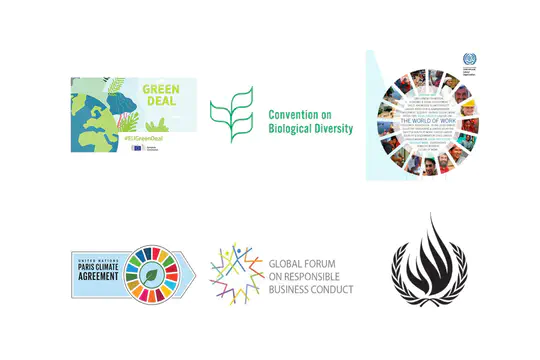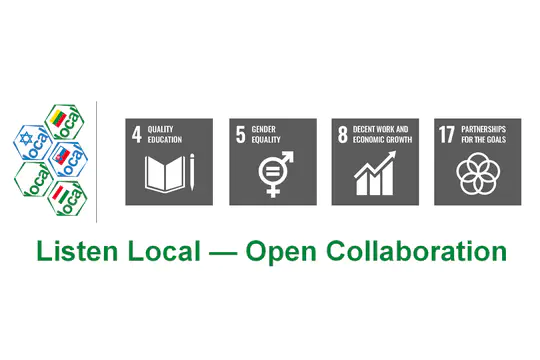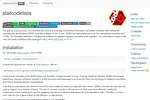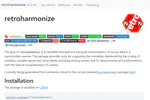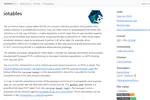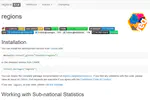Big Data For All
We make messy, fragmented, and biased data reliable and transparent. By merging public and private sources into secure data-sharing spaces, we give AI the trustworthy foundations it needs. The result: reliable analytics and scalable AI solutions that power smarter decisions in operations, planning, research, and markets.
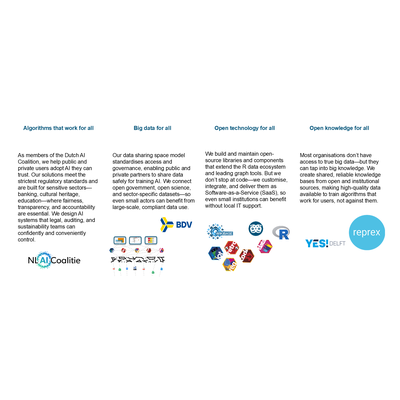
Data Sharing Spaces
Our Data Sharing Spaces implement the European Interoperability Framework (EIF) to connect diverse datasets on an as-needed, as-permitted basis. They enable organisations to share trustworthy data securely while respecting legal and technical differences.
Systems
Accomplishments
Software
Featured Publications
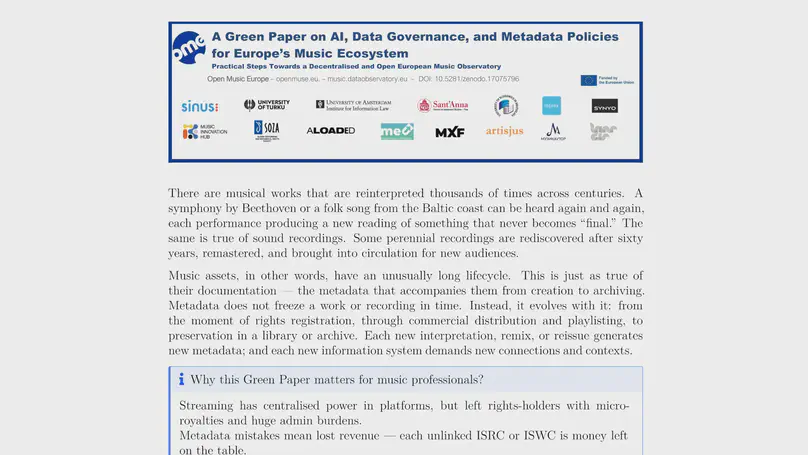
Early-release Green Paper (v0.1) published for open consultation under Horizon Europe and OPA principles.
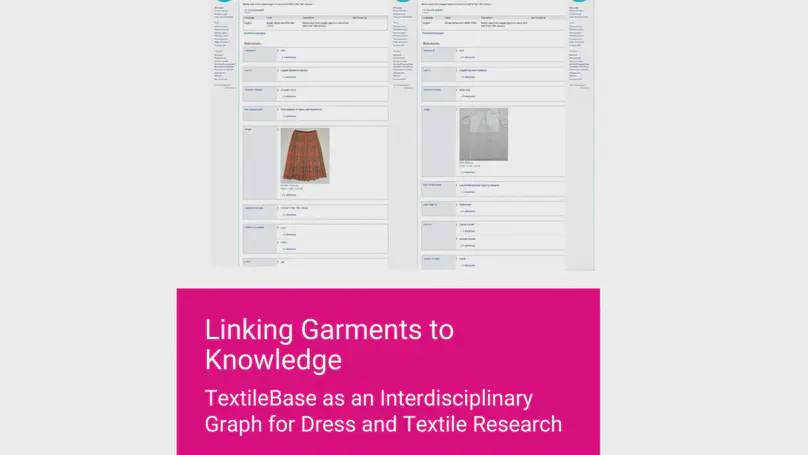
This article introduces TextileBase, a multilingual knowledge graph that connects dispersed data on garments from museums, archives, and libraries. By transforming artefact records, photographs, and texts into interoperable knowledge statements, it enables interdisciplinary research across dress history, ethnography, and sustainable fashion. The preprint demonstrates early results using Baltic and Finno-Ugric datasets and shows how TextileBase improves searchability, semantic interoperability, and reuse of cultural heritage data.
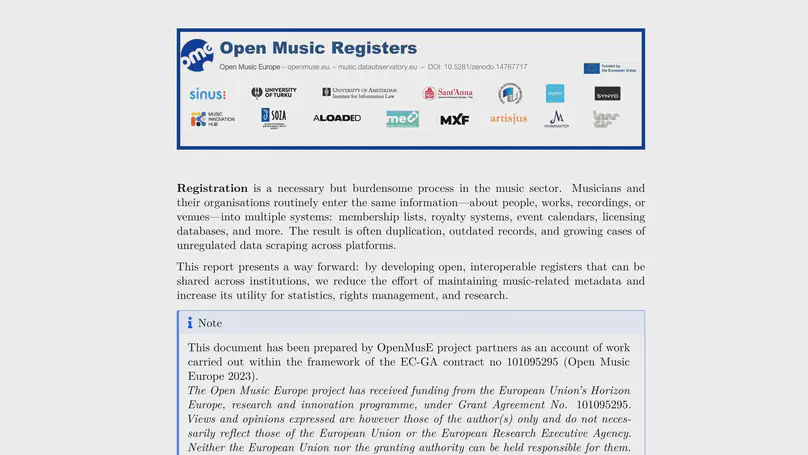
Technical report on Open Music Registers, demonstrating a federated infrastructure for harmonising music-related registers into an interoperable dataspace.
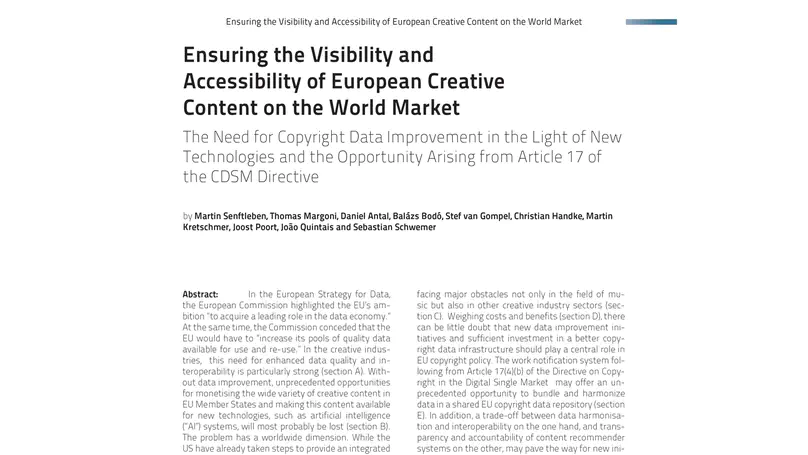
This influential article analyses how Europe can strengthen the visibility and accessibility of its cultural and creative works by improving copyright data infrastructures. It highlights the risks of poor metadata, the opportunities of Article 17 of the CDSM Directive, and the importance of trustworthy systems for licensing and remuneration. The music sector, where fragmented metadata leads to lost royalties and unfair competition, provides key examples. The work continues to inform our projects on trustworthy AI, data governance, and cultural data spaces.
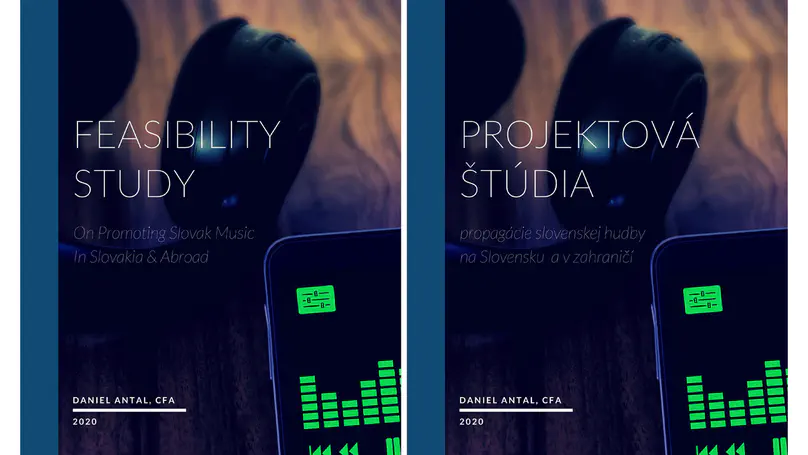
Why are the total market shares of Slovak music relatively low both on the domestic and the foreign markets? How can we measure the market share of the Slovak music in the domestic and foreign markets? We offer some answers and solution based on empirical research and with the creation of a database and an AI application."
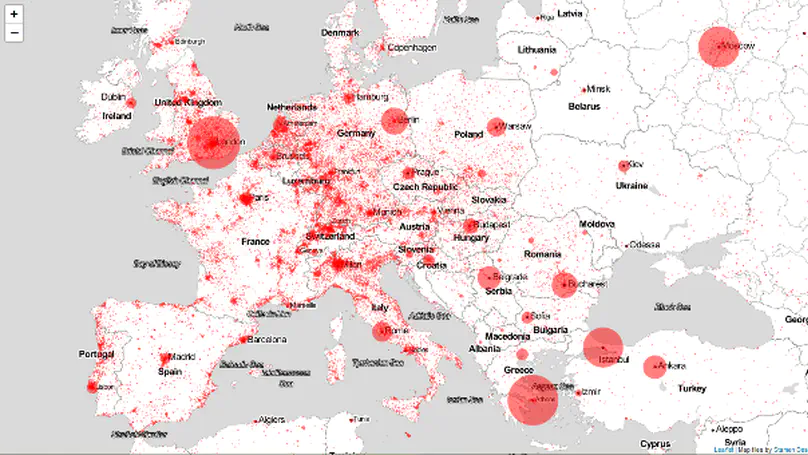
The topic of the paper is Library Genesis (LG), the biggest piratical scholarly library on the internet, which provides copyright infringing access to more than 2.5 million scientific monographs, edited volumes, and textbooks. The paper uses advanced statistical methods to explain why researchers around the globe use copyright infringing knowledge resources. The analysis is based on a huge usage dataset from LG, as well as data from the World Bank, Eurostat, and Eurobarometer, to identify the role of macroeconomic factors, such as R&D and higher education spending, GDP, researcher density in scholarly copyright infringing activities.




